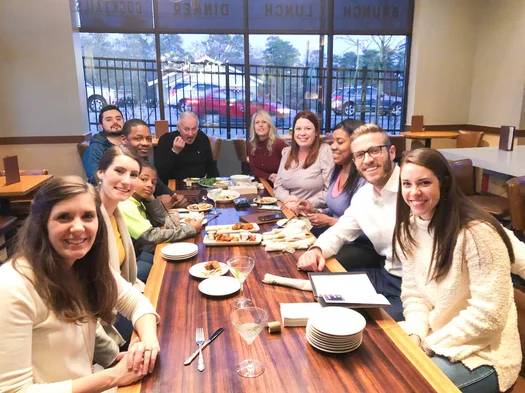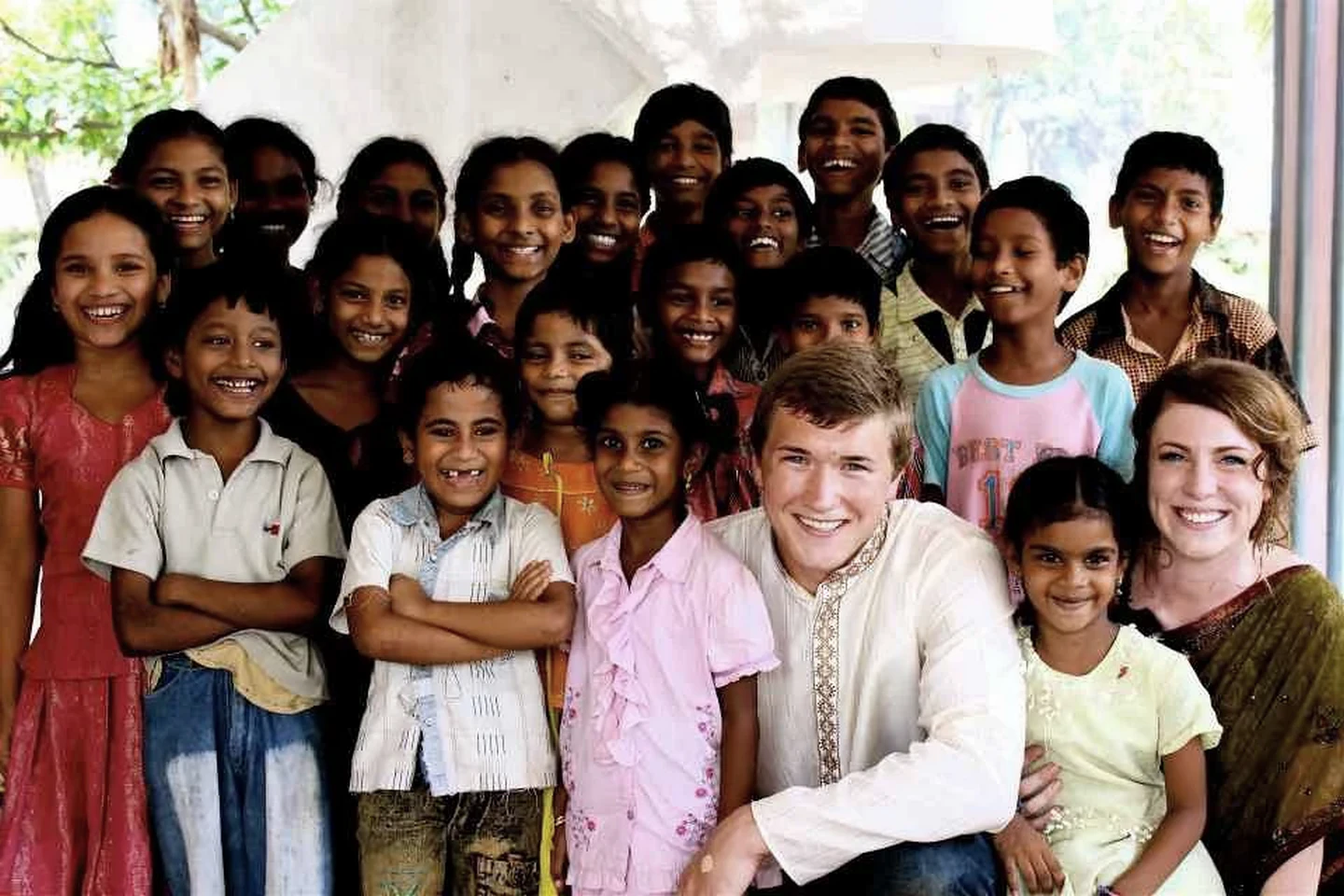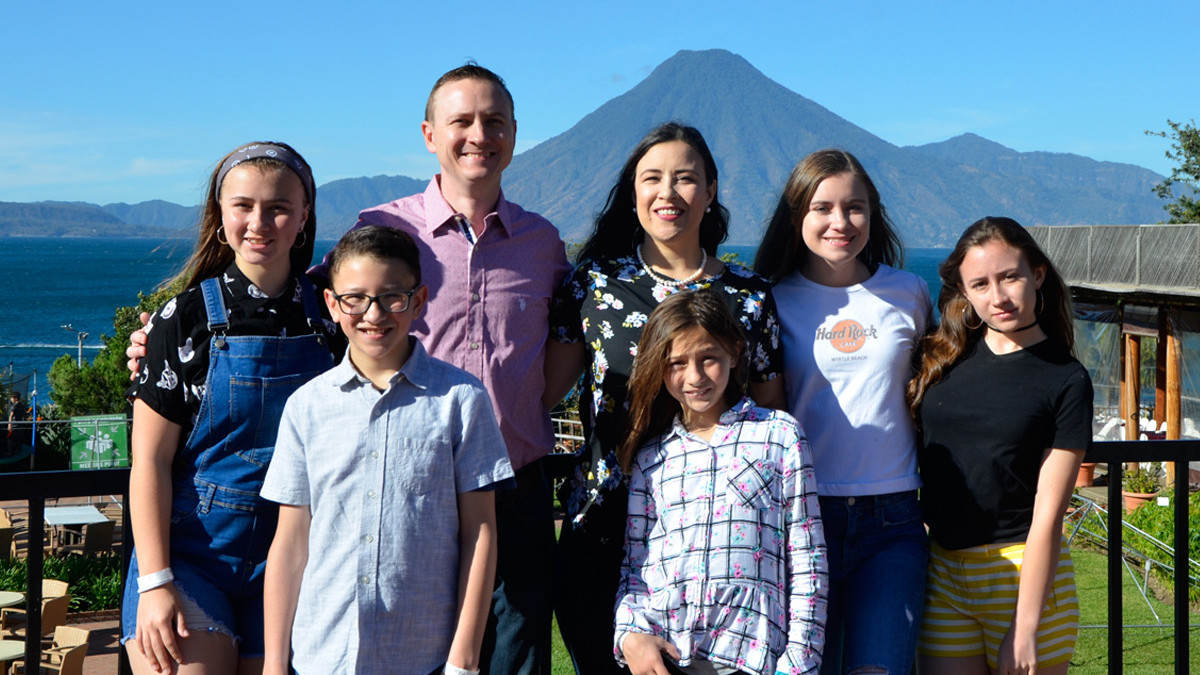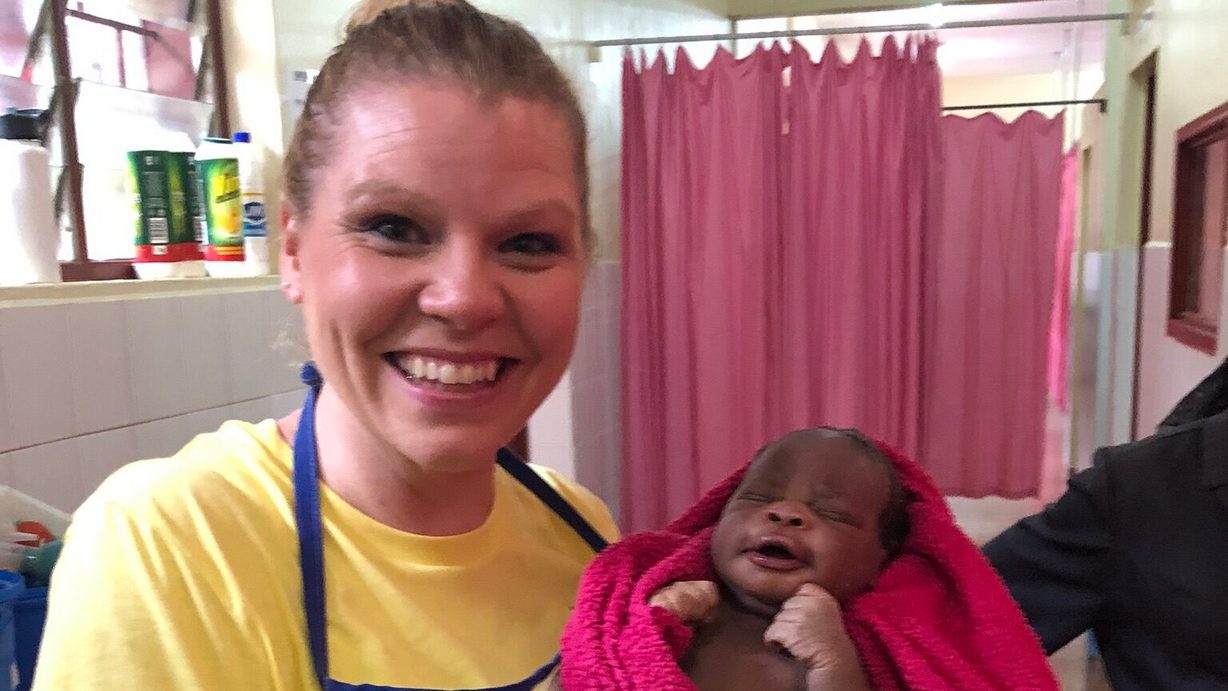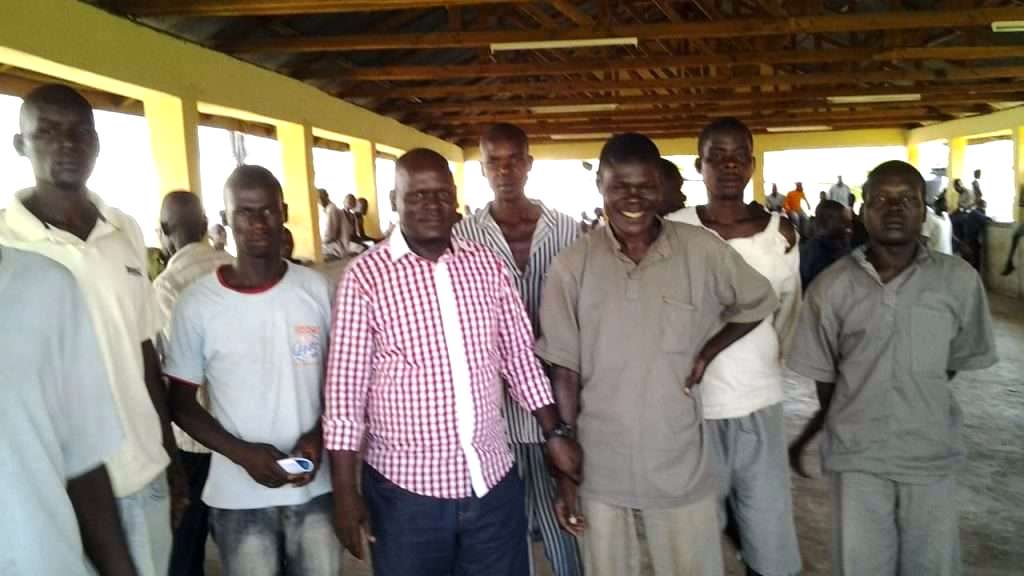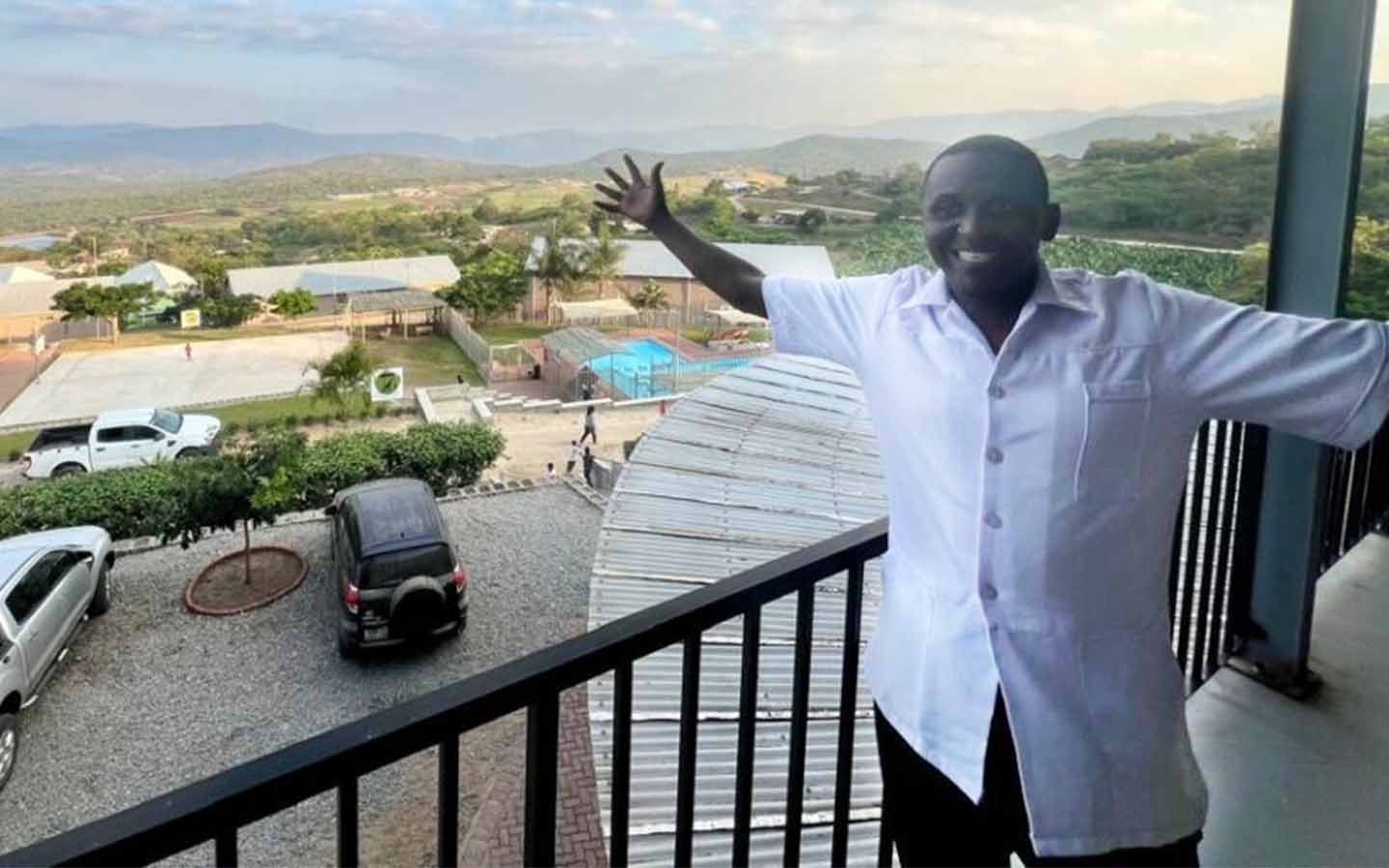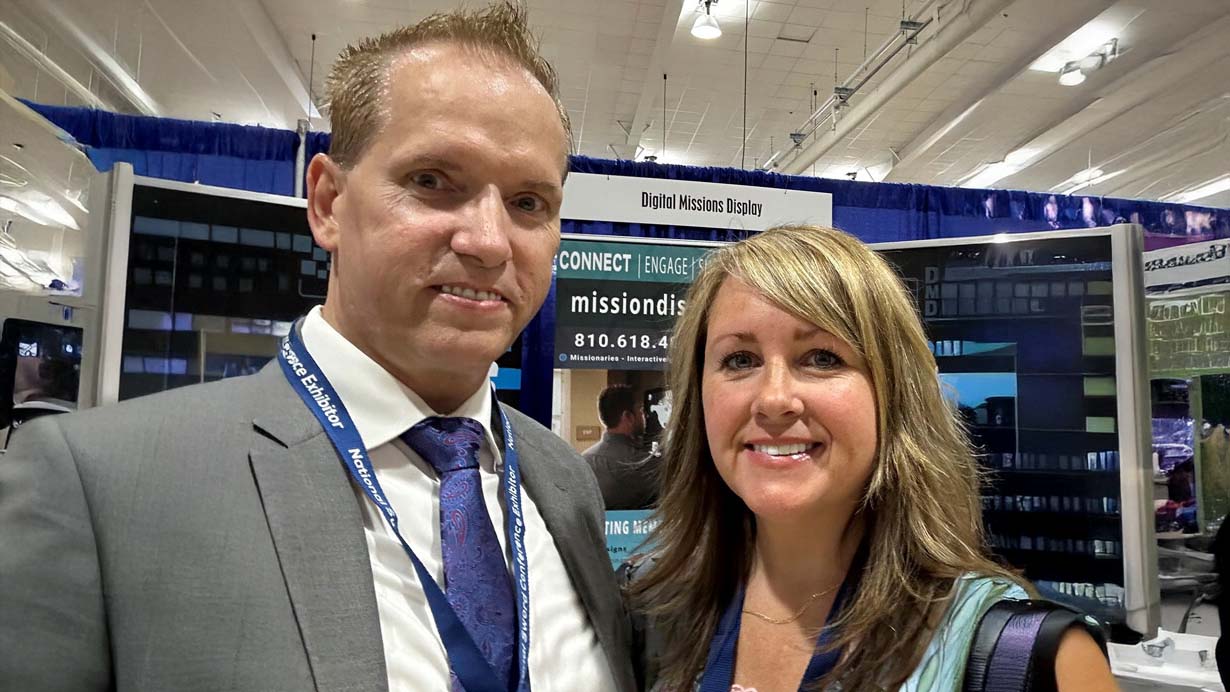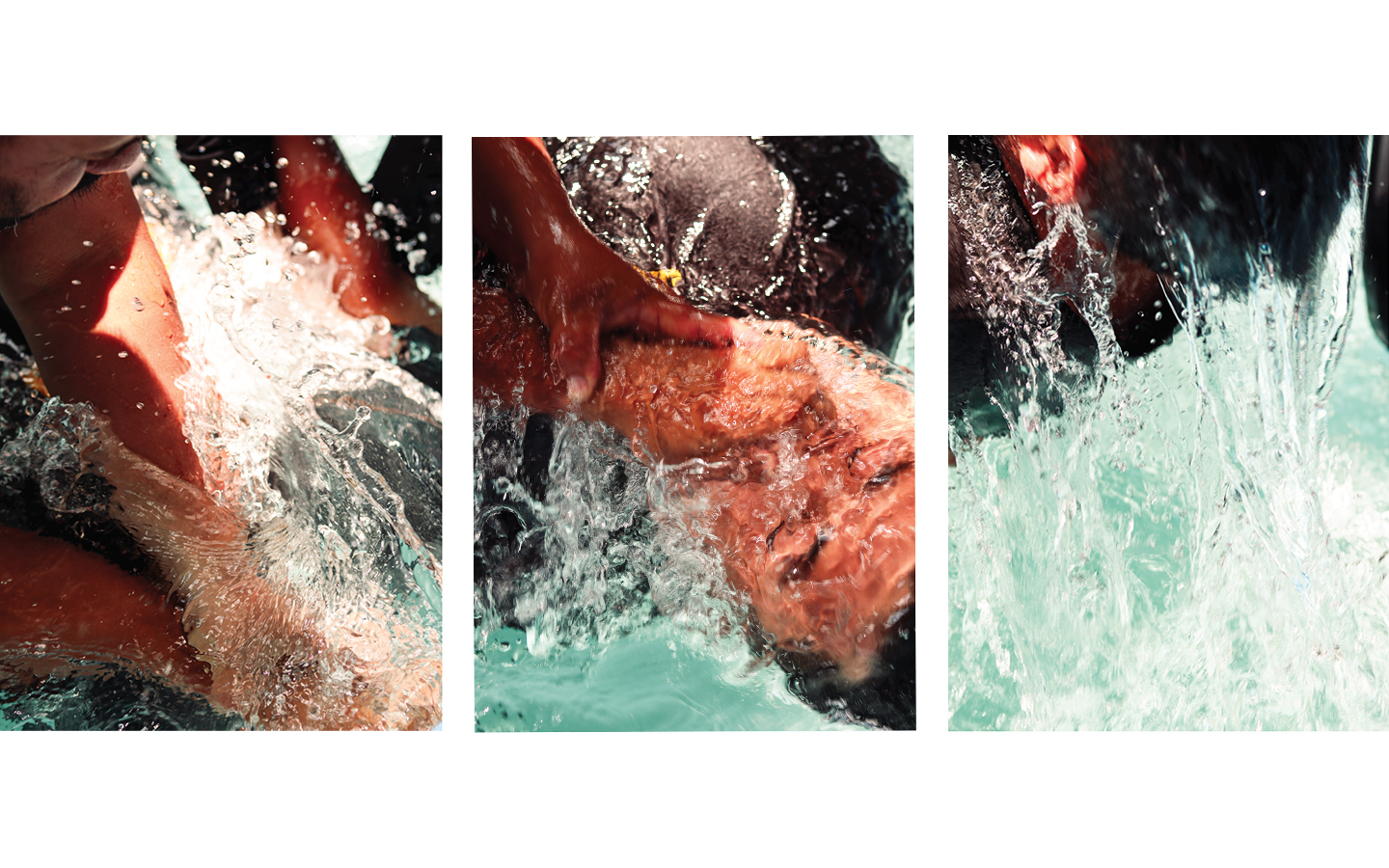Hurricane Matthew struck southwestern Haiti October 4, 2016, leaving widespread damage in the impoverished nation. The National Hurricane Center estimated landfall winds of 145 mph, making Matthew a Category 4. This made it the strongest storm to hit the nation since Hurricane Cleo in 1964, and the third strongest Haitian landfall on record. Hurricane-force winds of 74 mph or greater – affected about 1.125 million people in the country. The Haitian government assessed the death toll at 546, although other sources reported more than three times that figure.
This was only 6 years after the devastating 7.0 earthquake Haiti suffered on Jan. 12, 2010 that left over 220,000 people dead, 300,000 injured and rubble everywhere.
After that catastrophe there was a flood of humanitarian aid, estimated of over $9.5 billion in donations and pledges. And the question might be asked, where did it go?
Many of the “homes” that rose with the massive funding from very generous American citizens actually were temporary tents or transitional shelters. Unfortunately, as attention faded from the 2010 disaster, families were stuck in these dwellings. We don’t know how those temporary structures fared, but we do know that riding out a hurricane in a permanent and safe structure, such that is built by The Fuller Center for Housing, provides homes in which these Haitians can feel secure and comfortable. And these are the only kinds of homes Fuller Center builds.
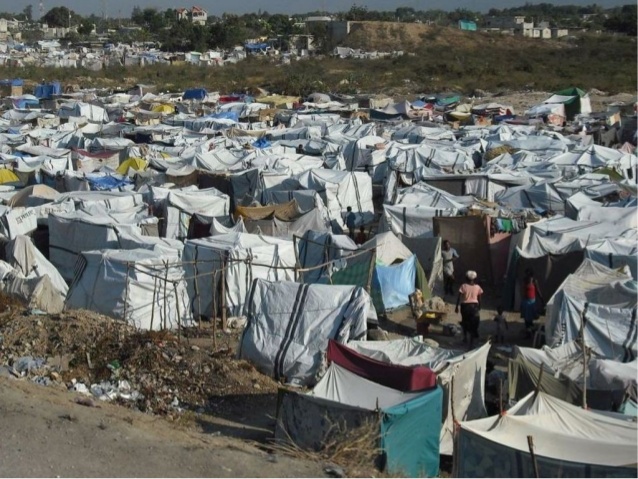
A growing reliance on U.S. and other international contractors helps explain why the payoff of foreign aid in Haiti often seems so low. For instance, a report from the U.S. Government Accountability Office said last year it cost more than $33,000 to build a new housing unit in one post-earthquake program. That’s five times more than many non-profits spends per house, using local contractors and volunteers.
When The Fuller Center for Housing started building homes in partnership with Haitian families, it was to help them recover from the 2010 earthquake. Six years later, it’s apparent we also were guarding against future disasters. Learn how you can volunteer or donate here.
The Fuller Center’s model for helping Haitians have simple yet decent homes sets the standard for working in the impoverished country. All 56 homes in The Fuller Center’s Lambi Village community in Haiti survived Hurricane Matthew, as did all of the nearly 200 Fuller Center homes our supporters have built in the country. It’s great to have met this need but serves to confirm that there is still much to be done and many more need to feel secure with the kinds of homes that we build in Haiti.
All Fuller Center homes in Haiti, including our entire 56-home Lambi Village shown below, survived their recent encounter with Hurricane Matthew. We can’t thank the donors and volunteers enough who made these homes possible and we know this gratitude is exceeded by those families who safely rode out the storm and did not have to worry about where they might live after it passed.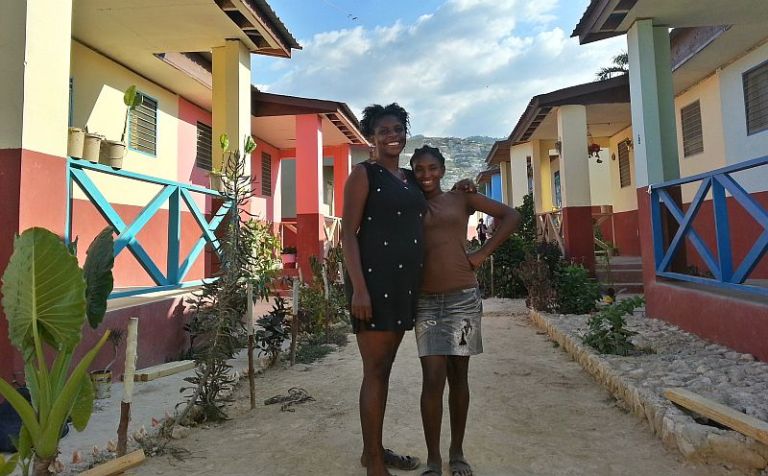
We believe that Fuller Center sets the model for helping Haitians have efficient and decent homes, a standard that works in this impoverished country. Did you know that with just 12 percent of the $9.5 billion pledged to help Haiti in the two years after the 2010 earthquake, The Fuller Center could have rebuilt all 200,000 homes destroyed in the disaster? Unfortunately and sadly, too many earthquake-response gifts were squandered and/or misused by other organizations. In too many cases, often a charity gets tangled up in bureaucracy and red tape. No one wants to see a repeat of those mistakes and we will not let that happen with the work we do.
While the funds directed to our grass-roots ministry back then may have been a tiny fraction of the charitable funds pledged, no organization was more effective at making a direct, permanent impact in the lives of Haitians than was The Fuller Center for Housing. And we know that with more funding we could have done so much more. That’s the opportunity you have today, to build a better future for Haitians.
For a better and more secure future for Haitian families, we are asking you to please support our long-term disaster recovery efforts.
We believe that by partnering with Fuller Center for Housing, Haitian families are better served and their needs are more efficiently met rather than waiting on others and often becoming dependent on those same organizations. We want to help lift up the people, allowing them to become self-sufficient because they are safely housed and can now move towards making a better life and supporting themselves.
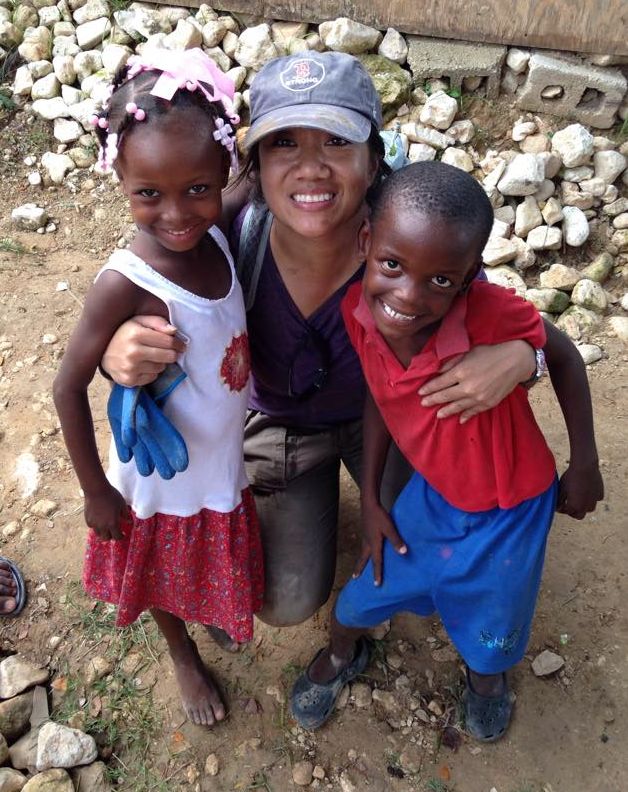
If you would like to work alongside Haitian families, please consider volunteering as a Global Builder.
The Fuller Center for Housing is excited to announce that they are already are planning expansion of our work in Haiti as we reach out to perform disaster recovery in the Les Cayes/Port Salut area, which was among the areas hardest-hit by Matthew. We have established new connections in the wake of this latest disaster and our partners, already on the ground in places like Pignon, are eager to help their fellow Haitians.
The extent of our disaster response, however, will depend upon the funds we can provide. We need your help.
Please consider giving today to help more families recover from this storm and be better protected from future disasters.
The devastation from this recent hurricane illustrates why Fuller Center’s work in Haiti must expand & help more Haitian families. To learn more about our mission and how you can help people in Haiti with safe, permanent housing, please visit Fuller Center for Housing Mission Trip to Haiti.
The Fuller Center for Housing is a non-profit, ecumenical, Christian housing ministry dedicated to eliminating poverty housing worldwide. They have sent over 3,200 volunteers on international service trips all over the world through their Global Builders program.
On MissionFinder, we have over 1,000 ministries offering opportunities like this to serve at home and around the world. Does your church or organization need help organizing mission trips? Check out our partner site, MissionMinder.com. Their easy to use software will help you manage all the details for your short-term mission trips and team members online. Unlimited Trips. Unlimited team members. Easy online fundraising pages. Try it free for 30 days. Learn more here.



